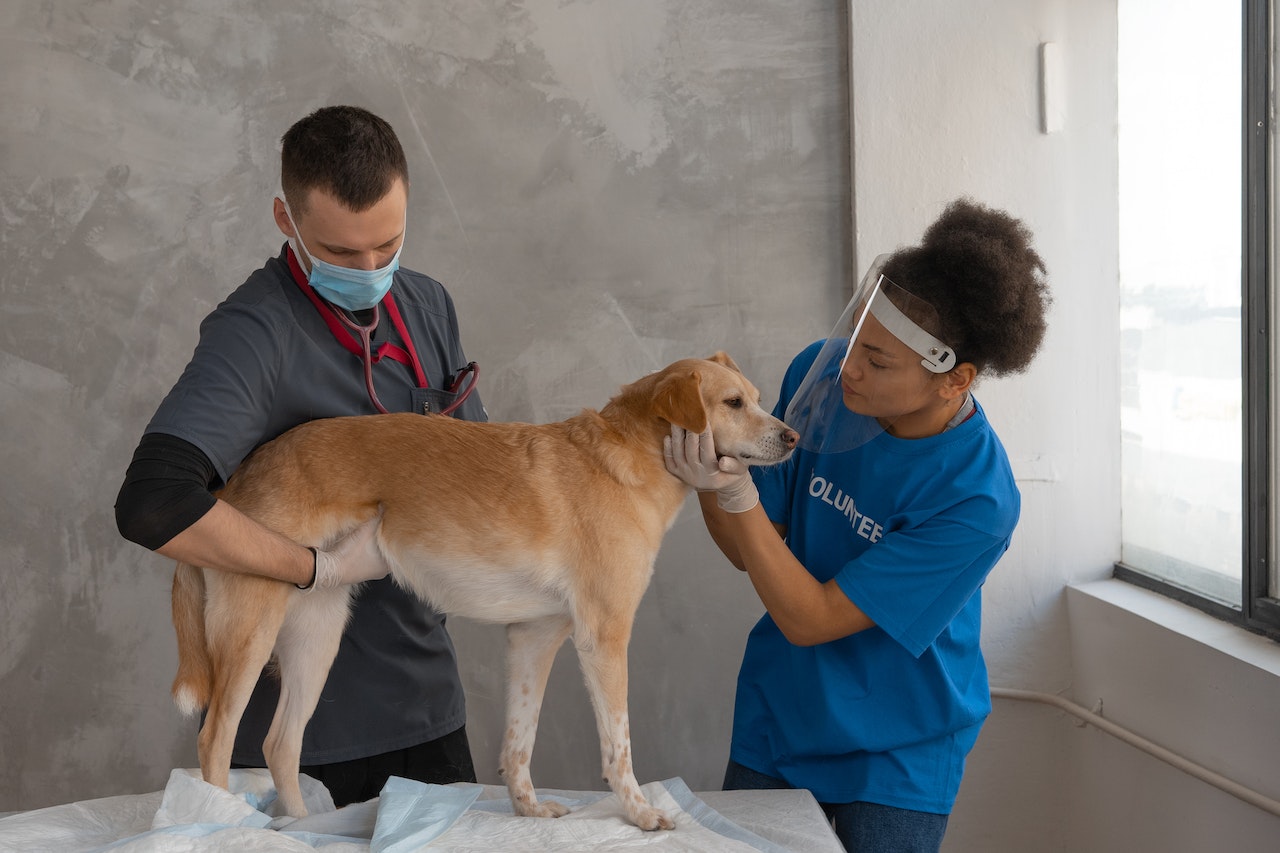
As pet owners, we always want to ensure that our furry friends are healthy and happy. From regular check-ups to providing them with the best care, we do everything in our power to keep them in top shape. However, one aspect of their health that often gets overlooked is their back end – specifically, their rectum. While it may not be the most pleasant topic to discuss, rectal exams are an essential part of your pet’s overall health. In this article, we will explore 10 reasons why your pet might need a rectal exam, and why it shouldn’t be ignored.
Unfortunately Necessary: 10 Reasons for a Pet’s Rectal Exam
Digestive Issues: Just like humans, pets can also experience digestive issues such as constipation, diarrhea, and even blockages. A rectal exam can help identify any abnormalities in your pet’s stool, and the veterinarian may be able to provide immediate treatment.
Parasites: Unfortunately, pets are prone to parasites such as worms, which can be easily detected through a rectal exam. Early detection and treatment can prevent any further health complications.
Anal Gland Problems: Anal glands are small sacs located near your pet’s anus, responsible for secreting a smelly liquid. If these glands become infected or impacted, it can cause discomfort and pain for your pet. A rectal exam can help identify any issues with the anal glands and provide relief for your furry friend.
Behind the Scenes: The Importance of a Rectal Exam for Pets
Urinary Tract Infections: While urinary tract infections (UTIs) are more commonly seen in cats, dogs can also suffer from this painful condition. A rectal exam can help determine if your pet has a UTI, which can then be treated with antibiotics.
Cancer Screening: Just like humans, pets can also develop various types of cancer, including colorectal cancer. A rectal exam can help detect early warning signs and increase the chances of successful treatment.
Enlarged Prostate: Male dogs can develop an enlarged prostate as they age, which can lead to difficulty urinating or defecating. A rectal exam can help identify this issue and provide appropriate treatment.
Unleash the Truth: Why Your Furry Friend Needs a Rectal Exam
Foreign Objects: Pets are curious creatures and can sometimes ingest foreign objects such as toys, bones, or even household items. A rectal exam can help detect if your pet has any foreign objects lodged in their anus or rectum, which can cause serious health complications if left untreated.
Weight Loss: If your pet experiences sudden weight loss, a rectal exam can help determine if there is an underlying medical issue such as parasites, cancer, or other diseases.
From Tail to Tailbone: Understanding Rectal Exams for Pets
Breeding: If you plan on breeding your pet, a rectal exam is an important step in the reproductive process. It can help assess the health of your pet’s reproductive organs and identify any potential issues that may affect their ability to reproduce.
Routine Check-Ups: Regular rectal exams are recommended for older pets to screen for any potential health issues that may arise due to age. It is also a good way to monitor your pet’s overall health and well-being.
As pet owners, it is our responsibility to ensure that our furry friends are in the best health possible. A rectal exam may seem daunting, but it is a routine procedure that can provide valuable insights into your pet’s health. If you notice any changes in your pet’s behavior or physical appearance, don’t hesitate to consult with your veterinarian and schedule a rectal exam if needed. Remember, a healthy back end equals a happy pet!